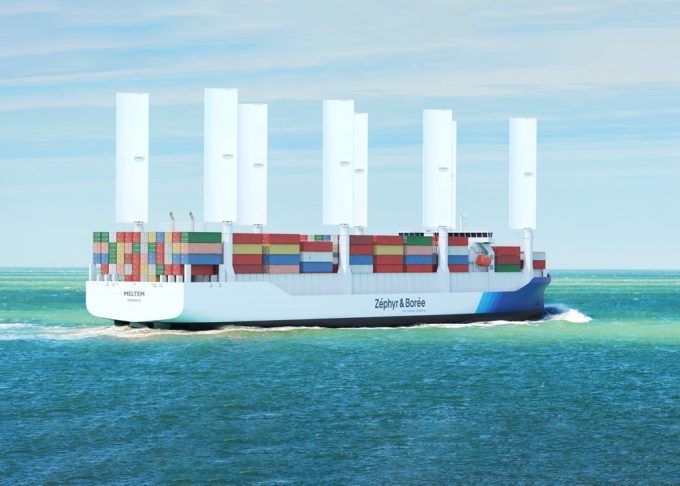Ceva restructures as it integrates Bolloré – but will 'no job losses' pledge hold?
Ceva Logistics has announced a new vertically integrated structure as it combines Bolloré Logistics into ...

Bolloré Logistics has announced it is joining an ambitious French initiative to carry cargo on modern sailing ships, with the aim of halving CO2 emissions, compared with conventional shipping.
Nevertheless, the initiative could fail unless there is more support from international shippers, warned French shipper body ...

Comment on this article